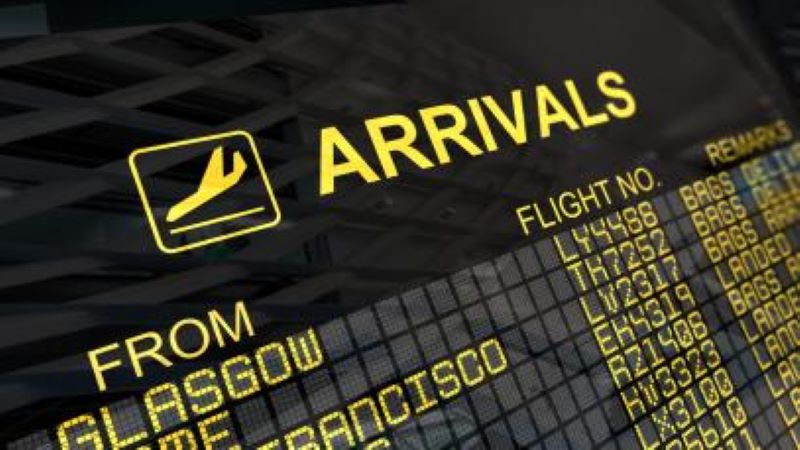
(TAN): The World Tourism Organization (UNWTO) has released its updated assessment of the likely impact of the COVID-19 on international tourism. Taking into account the unparalleled introduction of travel restrictions across the world, the United Nations specialized agency for tourism expects that international tourist arrivals will be down by 20% to 30% in 2020 when compared with 2019 figures.
However, UNWTO stresses that these numbers are based on the latest developments as the global community faces up to an unprecedented social and economic challenge and should be interpreted with caution in view of the extreme uncertain nature of the current crisis.
An expected fall of between 20-30% could translate into a decline in international tourism receipts (exports) of between USD 300-450 billion, almost one third of the USD 1.5 trillion generated in 2019. Taking into account past market trends, this would mean that between five and seven years’ worth of growth will be lost to COVID-19.
[ALSO READ: Belmond launches ‘Belmond Invitations’ – a series of online entertainment]
Putting this into context, UNWTO notes that in 2009, on the back of the global economic crisis, international tourist arrivals declined by 4%, while the SARS outbreak led to a decline of just 0.4% in 2003.
UNWTO Secretary-General Zurab Pololikashvili said: “Tourism is among the hardest hit of all economic sectors. However, tourism is also united in helping to address this immense health emergency – our first and utmost priority – while working together to mitigate the impact of the crisis, particularly on employment, and to support the wider recovery efforts through providing jobs and driving economic welfare worldwide.”
Mr. Pololikashvili added that, while it is too early to make a full assessment of the likely impact of COVID-19 on tourism, it is clear that millions of jobs within the sector are at risk of being lost. Around 80% of all tourism businesses are small-and-medium-sized enterprises (SMEs), and the sector has been leading the way in providing employment and other opportunities for women, youth and rural communities.
[ALSO READ: Qatar Airways expands flights to Australia to help people get home]
Alongside this new assessment, UNWTO underlines tourism’s historic resilience and capacity to create jobs after crisis situations, while also emphasizing the importance of international cooperation and of ensuring the sector is made a central part of recovery efforts.
Since the start of the current crisis, UNWTO has been working closely with the wider United Nations system, including directly alongside the World Health Organization (WHO) to guide the sector, issuing key recommendations for both high-level leaders and individual tourists. To better consolidate and strengthen the response, the Organization has established the Global Tourism Crisis Committee.




